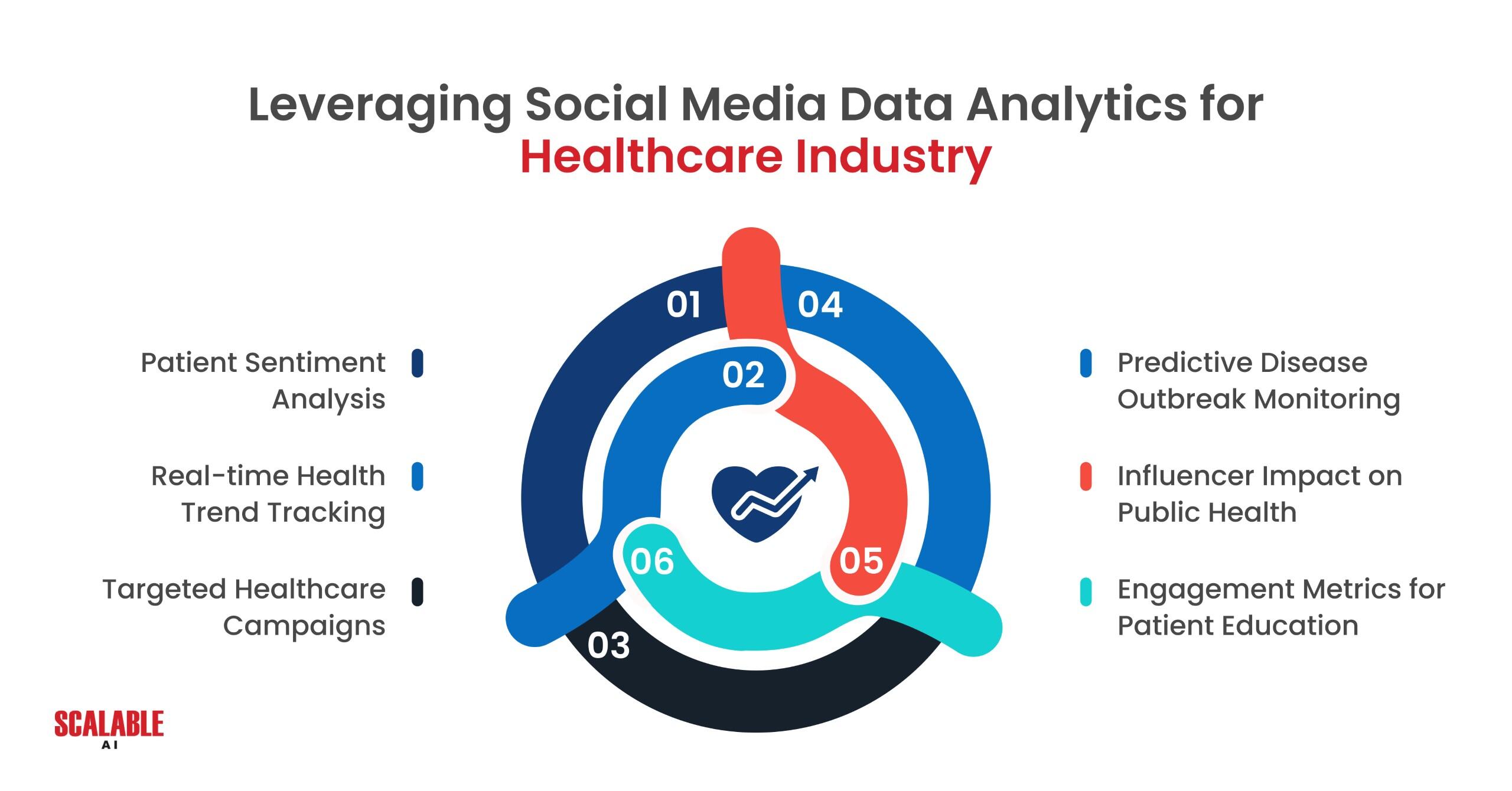In today’s competitive healthcare market, providers are increasingly leveraging data to drive growth and improve patient outcomes. Social metrics, which track engagement, sentiment, and behavior on social media platforms, offer a wealth of insights that can be converted into actionable strategies. By analyzing this data, healthcare providers can enhance patient engagement, tailor marketing efforts, and ultimately achieve significant market growth.
Understanding Social Metrics in Healthcare
Social metrics encompass a wide range of data points, including likes, shares, comments, mentions, and sentiment analysis. In the context of healthcare, these metrics can provide valuable insights into patient needs, preferences, and perceptions of healthcare services. Understanding these metrics is crucial for providers aiming to improve their market position.
Patient Sentiment Analysis
Sentiment analysis involves assessing the emotional tone behind social media interactions. For healthcare providers, it’s essential to monitor patient sentiment to understand public perceptions of their services. Positive sentiment often correlates with patient satisfaction, while negative sentiment can highlight areas needing improvement. By analyzing this data, healthcare providers can identify pain points and address them proactively, leading to better patient experiences and improved reputation.
Engagement Metrics
Engagement metrics such as likes, shares, and comments reveal how actively patients interact with a provider’s content. High engagement often indicates that the content resonates well with the audience, while low engagement suggests the need for content strategy adjustments. Providers can use this data to refine their messaging, ensuring that it aligns with patient interests and concerns. Effective engagement leads to stronger patient relationships and increased loyalty.

Leveraging Social Metrics for Patient Engagement
Patient engagement is a critical factor in healthcare delivery, directly impacting outcomes and satisfaction. Social metrics provide a roadmap for enhancing engagement through personalized and targeted interactions.
Tailored Content Delivery
Using data from social metrics, healthcare providers can segment their audience based on interests, demographics, and behaviors. This segmentation allows for the delivery of tailored content that meets the specific needs of different patient groups. For example, younger patients might respond better to wellness tips shared via Instagram, while older patients may prefer more detailed health information distributed through Facebook or email newsletters. Tailored content not only improves engagement but also helps in building trust and credibility with patients.
Proactive Communication Strategies
Proactive communication involves reaching out to patients with relevant information before they seek it out. Social metrics can identify trending health topics or concerns within a community, enabling providers to address these issues through timely communications. For instance, if flu-related searches and discussions spike on social media, a healthcare provider can preemptively share information about flu prevention, vaccination clinics, and treatment options. This approach positions the provider as a proactive partner in patient care, fostering trust and loyalty.
Driving Market Growth Through Data-Driven Marketing
Social metrics offer a powerful tool for driving market growth through data-driven marketing strategies. By understanding patient behavior and preferences, healthcare providers can craft more effective campaigns that resonate with their target audience.
Targeted Marketing Campaigns
Traditional marketing methods often cast a wide net, hoping to attract a broad audience. In contrast, social metrics enable healthcare providers to target their marketing efforts more precisely. By analyzing data on patient interactions, providers can identify which services or treatments generate the most interest and tailor their campaigns accordingly. For example, a provider noticing increased engagement with mental health content might develop a targeted campaign promoting their mental health services, reaching patients who are most likely to benefit.
Optimizing Ad Spend
Social metrics also play a crucial role in optimizing advertising spend. By tracking the performance of digital ads in real-time, healthcare providers can adjust their strategies to maximize return on investment (ROI). If a particular ad isn’t resonating with the target audience, providers can quickly modify the content, targeting, or platform to improve results. This agility ensures that marketing budgets are used efficiently, driving greater value from each campaign.
Measuring Success with Social Data Analytics
To fully capitalize on the potential of social metrics, healthcare providers must invest in robust social data analytics. These tools allow for continuous monitoring and adjustment of strategies, ensuring that providers remain responsive to patient needs and market trends.
Key Performance Indicators (KPIs)
Monitoring KPIs such as patient acquisition cost, engagement rates, and conversion rates is essential for evaluating the success of social data-driven strategies. Providers should regularly review these metrics to determine what’s working and where improvements are needed. For example, if patient acquisition costs are rising without a corresponding increase in new patients, it may be necessary to reevaluate the targeting or messaging of marketing campaigns.
Continuous Improvement
The healthcare market is dynamic, and strategies must evolve to remain effective. Social data analytics provide the insights needed for continuous improvement. By regularly analyzing social metrics, healthcare providers can identify emerging trends, patient concerns, and competitive threats, allowing them to adapt their strategies accordingly. This continuous improvement cycle ensures that providers stay ahead of the curve, maintaining their market position and driving growth.
Conclusion
Social metrics offer healthcare providers a powerful tool for driving market growth. By understanding and leveraging these metrics, providers can enhance patient engagement, craft targeted marketing campaigns, and optimize their strategies for success. As the healthcare industry continues to evolve, those who harness the power of social data will be well-positioned to thrive in an increasingly competitive market.
Read Whitepaper From Likes to Leads:Leveraging Social Data for Business Success
